At nine o’clock in the morning, traffic halts on city streets. People step out of their cars and bow their heads for one minute to listen — by law — to a mechanical clicking sound broadcast over loudspeakers in honor of fallen soldiers. This is followed by the national anthem, played through air raid sirens, which must also be listened to while standing still, with a hand placed over the heart. On busy roads, the ritual is enforced by the secret service: undercover agents block morning commuters with their vehicles. Those who fail to comply are slapped with heavy fines. What country is this?
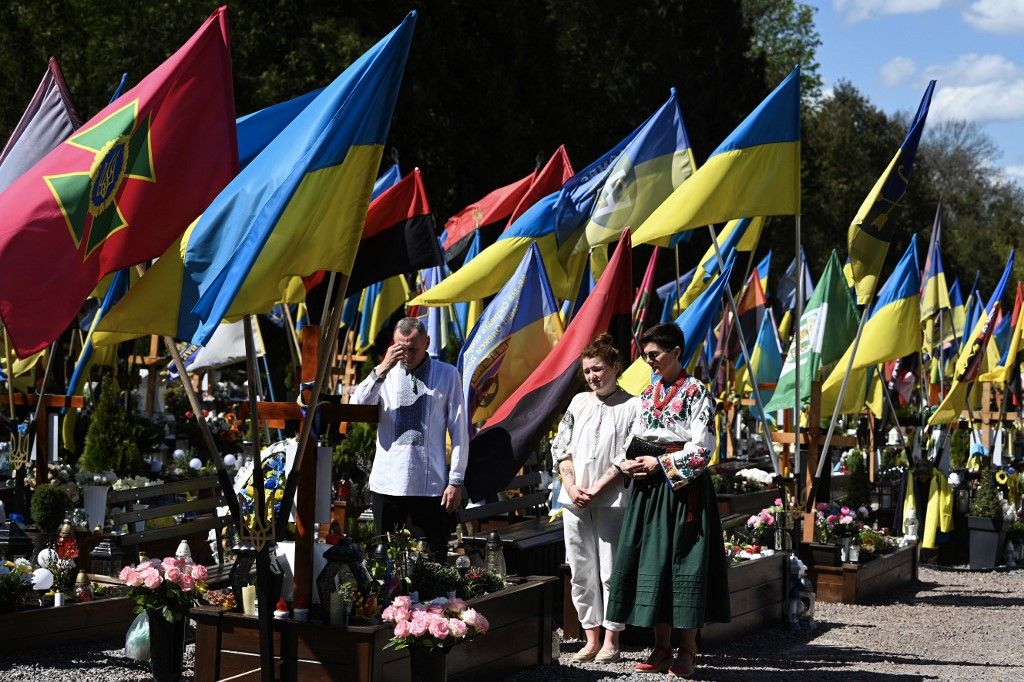
No, not North Korea. This is Ukraine — an EU candidate state still stuck in the world of the 1950s. Stalinist traditions, it seems, are hard to weed out of the EU’s favorite “democracy.”
After this “glorious display,” conscription commandos hit the streets to round up any men who are in hiding, whose deferments have expired, or who simply slipped out to buy a loaf of bread. Zelensky’s war machine needs fresh bodies—30,000 to 40,000 people each month. Of course, officially there are no casualties, and the millions mentioned not long ago by Donald Trump are, according to Ukrainian authorities, mere fabrication.
But the war cemeteries — some the size of cities — are impossible to ignore. Often it is the same men who once dragged conscripts off the streets who now bring their coffins home.
The tools of the manhunt: four or five burly, heavily-built men, a couple of (Western-supplied) minibuses, and brute force. You're standing innocently in a factory yard, and then you're kidnapped and shoved into a van—just like in the footage filmed in Kovel.
The abductors show no mercy. If you’re stopped on a main road, they’ll yank you from your car, leave it behind, and take you with them. There are two outcomes. If you have money and pay the ransom, you’re released. If not, you’re sent straight into the meat grinder. In another video, a driver is hunted down in Dnipropetrovsk County.
Yet more and more people are daring to resist. In Kharkiv, for example, conscription officers tried to seize men in front of the busy train station. But they encountered resistance. After locking a man inside their van, bystanders rushed to his aid and demanded his release.
They shouted at the uniformed officers: “You’re worse than the Gestapo!” and “You’ll pay for this after the war!” and “You’re the disgrace of the army!”


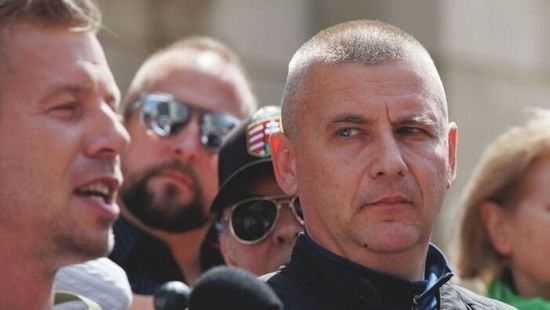



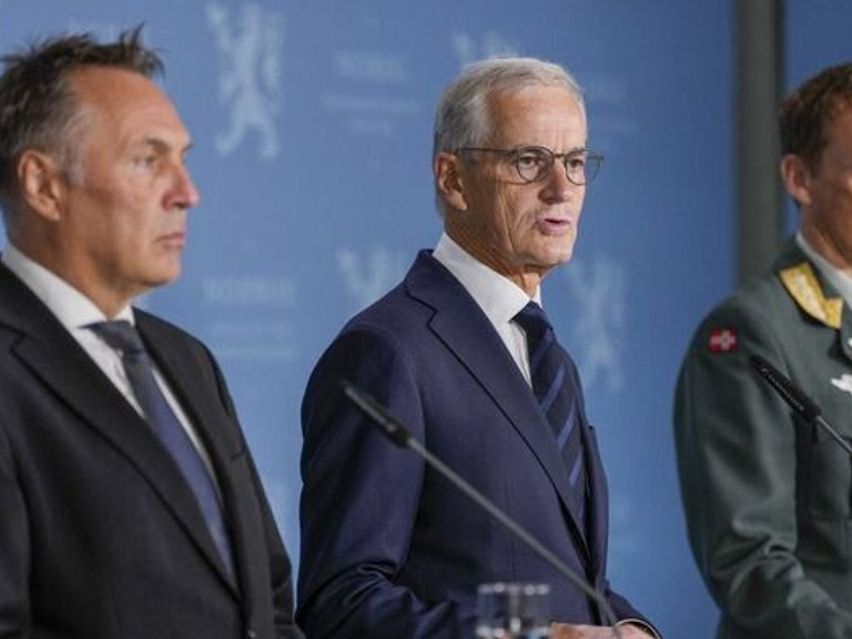




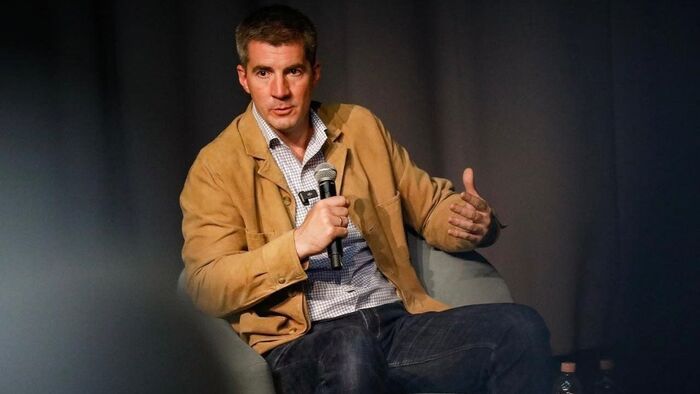


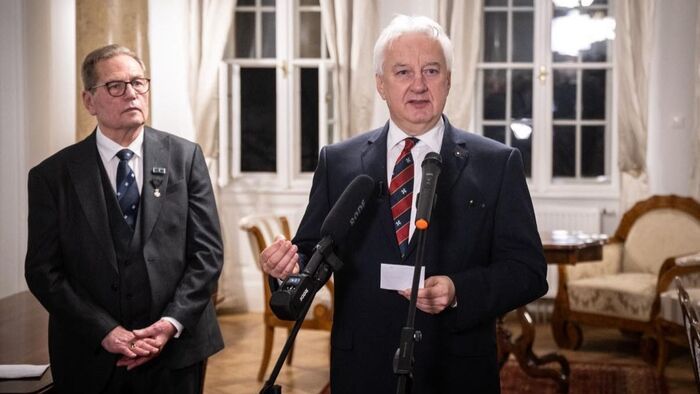
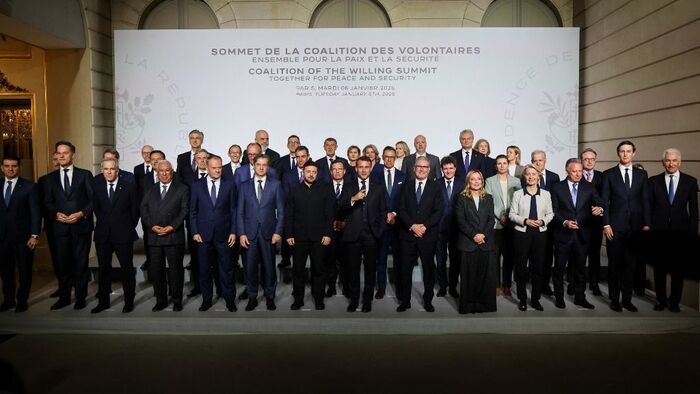
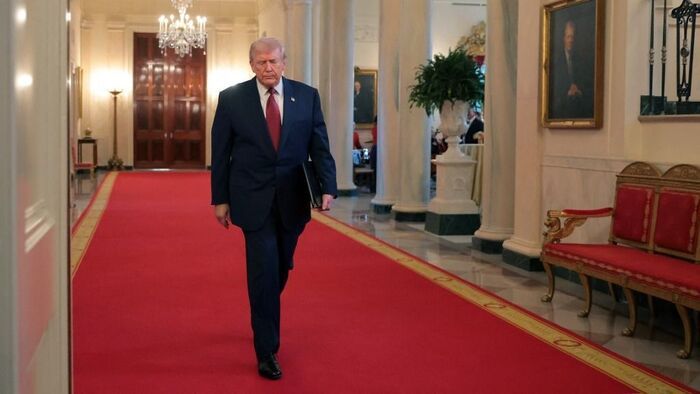






Szóljon hozzá!
Jelenleg csak a hozzászólások egy kis részét látja. Hozzászóláshoz és a további kommentek megtekintéséhez lépjen be, vagy regisztráljon!